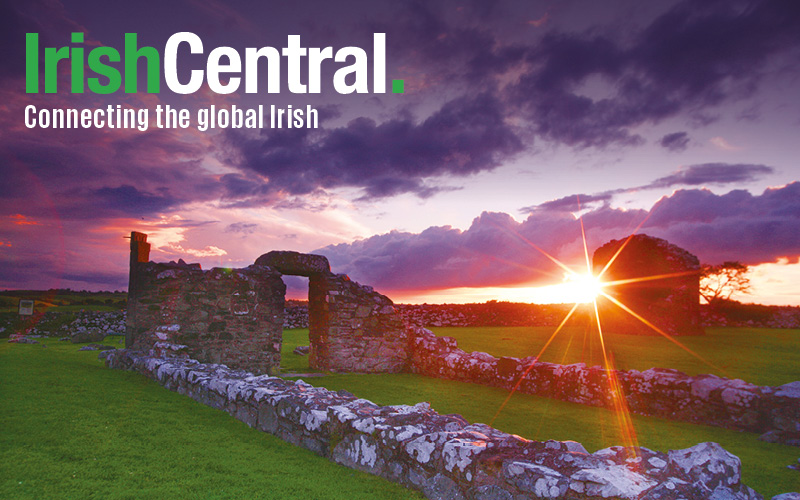President John F Kennedy was buried on this day, November 25, 1963. Who was the gravedigger, the last man to serve JFK before he was buried?
Back in the 1960s, New York had three terrific Irish-American writers lighting up the pages of the tabloids—Joe Flaherty at the Village Voice, Pete Hamill at the New York Post and Jimmy Breslin at the New York Herald-Tribune and the Post.
The three of them were from the outer-boroughs (Hamill and Flaherty from Brooklyn and Breslin from Queens) so you didn’t get a lot of caviar Upper West Side bleeding heart writing. Their individual styles were unique, but their substance was the nuts and bolts of New York City—local rogues, sports, and, above all, the politics of the city and the nation.
Frank Skeffington, the hero of Edwin O’Connor’s wonderful novel “The Last Hurrah,” famously said that politics was “the greatest spectator sport in the country” and Flaherty, Hamill and Breslin not only loved writing about politics but actually got involved in it.
Read more: Who are the top Irish American journalists?

Jimmy Breslin
Flaherty managed Norman Mailer when he ran for mayor of New York in 1969; Hamill was a close friend of Bobby Kennedy and urged him to run for president in 1968, and Breslin himself ran for City Council President on Mailer’s ticket in ’69.
Of course, the politics of the early 1960s revolved around President John F. Kennedy, the grandson of Irish immigrants. And the shock of Kennedy’s assassination on November 22, 1963, shook the country and one Jimmy Breslin.
Read more: Robert F. Kennedy believed JFK was killed because of him
Breslin goes to Arlington in search of a gravedigger
On Sunday, November 24, Breslin found himself at the White House looking for a story to write. He stood in the White House press office with the rest of the media and decided that his story would not come in the form of a press release.
In 1996 I interviewed Breslin for Publishers Weekly’s, the trade magazine of the publishing industry, and Breslin told me how he came to write what he called his “gravedigger’s theory.”
“I went to the White House in the morning,” he told me. “I walked into the lobby and that was packed, and I said this is not for me. So, I saw Art Buchwald and we talked for a second and I said, ‘I can’t do any good here. I’m going to go over and get the guy who dug Kennedy’s grave.’ ‘Yeah, that’s a good idea,’ he told me, instantly. And I left there right away. I just turned and walked right out of the place and over to Arlington cemetery, and they got me the guy.”
You can read the full story here.
Breslin’s guy was one Clifton Pollard, 42-years-of-age, who, Breslin noted, was “an equipment operator, grade 10, which means he gets $3.01 an hour.” Pollard was called into work on short notice and his boss said to him, “ ‘Sorry to pull you out like this on a Sunday.’ ‘Oh, don’t say that,’ Pollard said. ‘Why, it’s an honor for me to be here.’ ”
Pollard climbed into his reverse hoe and “At the bottom of the hill in front of the Tomb of the Unknown Soldier, Pollard started the digging.”

President Kennedy was buried on this day, November 25, in 1963.
“One of the last to serve John Fitzgerald Kennedy,” wrote Breslin, “who was the thirty-fifth President of this country, was a working man who earns $3.01 an hour and said it was an honor to dig the grave.”
When I reminded Breslin, who never finished college, that his outside-the-box gravedigger’s story is taught in every journalism school in the country he came alive. “Yes! They should, too,” he exclaimed. “It’s the gravedigger’s theory.”
Dermot McEvoy is the author of the The 13th Apostle: A Novel of Michael Collins and the Irish Uprising and Our Lady of Greenwich Village, both now available in paperback, Kindle and Audio from Skyhorse Publishing. He may be reached at [email protected]. Follow him at www.dermotmcevoy.com. Follow The 13th Apostle on Facebook at https://www.facebook.com/13thApostleMcEvoy/
Read more: Coast Guard member reflects on carrying JFK’s casket




Comments